Introduction of Glass Block Floor
Important Point
- Glass blocks are one of the unique construction material which was developed in 1900. The main function of the Glass block is to provide the natural light of the sunlight.
- Glass blocks are generally made smaller and significantly thicker. Glass blocks are also known as glass bricks. Glass block is widely used in the construction of residential as well as commercial buildings.
- The glass blocks can be hollow or solid which comes in different sizes and dimensions. The selection of the glass block depends upon your requirements.
- The texture of the glass blocks can vary to provide a wide range of transparency. Glass blocks can provide light and it can be used as a decorative material to an Architectural structure. Hollow Glass blocks are non-load bearing and cannot be used for load-bearing construction.
- In this article, you will get to know all about the Glass blocks, types of glass blocks, advantages and disadvantages of glass blocks.
Glass Block Floor
- Glass block is the most commonly used for the Construction of transparent or translucent walls, but it is also used on the floors. Glass-block floors are not economical, but they have extremely strong and scratch-resistant properties.
- Glass Blocks used in flooring are different from those blocks which are used in walls. They have a smooth top surface and an irregular bottom.
- Glass block floors are generally installed as panels with an array of blocks which are held together by reinforced mortar. The panels rest on columns from the surrounding structure.
- Glass-block panels are also used in the drop-ceilings. Lighting can be installed above the panels which gives an aesthetical look.
- Glass block floor panel will not generally fit in between existing floor joists, the joists must be cut and a support frame built into the floor. Glass block panels are extremely heavy which is about the 4-foot-square panel can weigh up to 300 pounds.
- The glass pavers should be designed to be used as a flooring material. The glass block stocked in home centres for use in windows and walls does not have the proper strength for flooring applications.
Advantages of Glass Blocks
There are various advantages of Glass blocks in the construction are as follows
- Glass blocks are available in a wide range of options with a variety of colours.
- Glass blocks provide good thermal and sound insulation.
- Glass blocks enhance the architectural beauty of the structure.
- Glass blocks provide natural light to cross through it.
Also, Read: What Is Flooring | Types of Flooring.
Disadvantages of Glass Blocks
The disadvantages of using glass blocks in the construction as follows
- The use of glass blocks is not suitable for Earthquake-prone areas.
- There may be chances of getting corrosion due to the alkali solution.
- Glass blocks are brittle.
- Manufacturing of Glass blocks required high energy consumption due to which high temperature is required for its production.
Also, Read: House Construction Cost Calculator Excel Sheet For Ground Floor(G.F.), G.F.+1, G.F.+2, G.F.+3,
Uses of Glass Blocks
There are various uses of Glass blocks
- Glass blocks are used for wall cladding on the exterior of the buildings.
- Glass blocks are widely used in the interior decoration of residential as well as commercial buildings.
- Glass block wall panels are used in the bathrooms which help to accept light in the bathroom.
- Glass blocks are used in the windows.
Also, Read: What Is Granolithic Floors | Construction Method | Advantages аnd Disadvantage
Types of Glass Block
There are various types of glass blocks are available in the market which is as follows
- Hollow Glass Block
- Wavy Glass Block
- Ice Glass Blocks
- Diamond Glass Blocks
#1. Hollow Glass Block
- Hollow glass wall blocks are manufactured as two separate halves and, while the glass is still molten, the two pieces are pressed together and annealed.
- The resulting glass blocks will have a partial vacuum at the hollow center.
- Glass block walls are constrained based on the framing in which they are set.
#2. Wavy Glass Block
- The baby class blocks are the special type of blocks which has unique patterns that allows light to flow as well as also provides privacy.
- The wavy glass blocks are widely used in the windows which are common for basement home Windows.
#3. Ice Glass Blocks
- Ice glass blocks come with a frosted pattern and generally used in the bathrooms.
#4. Diamond Glass Blocks
- Diamond glass blocks of this type offer maximum privacy as they refract and disperse light throughout any room in which it’s installed.
- Glass blocks are available and manufactured in various types of textures, colours, and shapes which allow for the construction of a variety of walls.
Also, Read: What Is Dressing of Stone | Types of Dressing of Stone
Glass Block for Windows
- Normally the windows are constructed with the help of conventional materials which does not allow light to enter into the structure when the windows are closed.
- The glass block windows is the special material which is widely used to let the sunlight enter into the room.
- Glass block windows help to improve the architectural beauty of the structure. Glass block Windows are the most popular type and widely used for basement windows.
- The glass blocks windows are commonly used in the home design especially in the bathrooms.
- Glass block Windows provides the best thermal insulation which is similar to double pane windows.
Benefits of Glass Block Windows
There are various benefits of using glass block windows in the building.
- Higher Energy Cost Savings.
- Improved Security and Privacy.
- Reduced Maintenance.
#1. Higher Energy Cost Savings
- Glass Block Windows provide higher energy efficiency as compared to thermal pane windows. It also enhances heat control as well as minimize noise and dust entry into the buildings.
#2. Improved Security and Privacy
- Glass Block Windows come in various types of sizes and textures. Generally, the glass block Windows have a thicker surface which helps to keep the room temperature in a controlled manner.
#3. Reduced Maintenance
- The Glass block Windows required very less maintenance as compared to other types of windows.
Also, Read: Top 20 AAC Block Company in India
What Is Glass Block Floor?
Glass block flooring is used in many different situations, from bridge walkways and mezzanine floors to balconies, corridors, and public highways. They are most commonly used as pavement lights glass lenses set into precast concrete as part of pavement construction to allow natural light into space below.
Glass Block Floor
Glass block flooring is used in many different situations, from bridge walkways and mezzanine floors to balconies, corridors, and public highways. They are most commonly used as pavement lights – glass lenses set into precast concrete as part of pavement construction to allow natural light into space below.
Hollow Glass Block
Hollow glass wall blocks are manufactured as two separate halves and, while the glass is still molten, the two pieces are pressed together and annealed. The resulting glass blocks will have a partial vacuum at the hollow center. Glass block walls are constrained based on the framing in which they are set.
Disadvantages of Glass Blocks
There are, however, a few disadvantages to using glass blocks. Because glass block condenses moisture in the air, the use of glass block windows in areas that tend to gather humidity is not one of their best uses. When the moisture condenses in the glass block, it can roll down and collect on the window’s frame.
Also, Read: What Is Cinder Block | Cinder Block Properties | Shapes of Cinder Blocks |Advantages of Cinder
Advantages of Glass Blocks
Glass block windows offer energy efficiency advantages, comparable with what thermal pane windows provide. They are usually sealed with mortar in the wall, eliminating the risk of air leakages. This enhances heat control, as well as minimizes noise and dust entry, which can help significantly cut your utility bills.
Uses of Glass Blocks
The glass block was originally developed in the early 1900s to provide natural light in manufacturing plants. Why we use glass blocks glass block is a versatile building material you can use for windows, stairwells, shower screens, paving, interior, and exterior walls the opportunities are endless.
Glass Block
Glass blocks are solid glass building elements used to create walls, partitions, windows, and other architectural features in buildings. They are made by melting glass and then casting it into blocks of various sizes and shapes. The blocks are then annealed (slowly cooled) to reduce internal stresses and improve strength.
Glass Blocks
Glass blocks are solid, transparent or translucent architectural elements used in construction to create partitions, walls, windows, and other decorative features in buildings. They are made by fusing together two separate halves of a block using high-heat, high-pressure manufacturing processes. This results in a durable, strong, and energy-efficient product that is often used in modern construction.
Glass Block Uses
- Walls and Partitions
- Windows
- Skylights and Roof Lights
- Decorative Features
- Landscaping
- Safety and Security
Glass Hollow Blocks
Glass hollow blocks come in a variety of sizes, shapes, and colors. They can be found in clear, frosted, or colored glass options, and some have patterns etched or molded onto their surface. The blocks are typically made by fusing together two halves of a block using high-heat, high-pressure manufacturing processes, resulting in a durable and strong product.
Glass Block Flooring
Glass block flooring is a unique and modern flooring option that can be used to create stunning interior design features. It consists of a series of individual glass blocks that are set into a floor structure, creating a durable, slip-resistant surface that allows light to pass through.
Glass Block Masonry
Glass block masonry is a construction technique that involves the use of glass blocks to create walls, partitions, and other architectural features. The blocks are made from thick, tempered glass and are available in a range of sizes, shapes, and designs. They can be used to create visually striking and unique design elements that allow natural light to pass through while still providing privacy and insulation.
Types of Glass Blocks
- Clear Glass Blocks
- Frosted Glass Blocks
- Colored Glass Blocks
- Patterned Glass Blocks
- Fire-Rated Glass Blocks
- Self-Cleaning Glass Blocks
Glass Block Floor System
Glass block floor systems are an innovative and modern way to incorporate glass blocks into interior flooring. The system consists of individual glass blocks that are installed in a metal frame, creating a durable and slip-resistant surface that allows light to pass through.
What Is Glass Block?
Glass block, also known as glass brick, is a building material made from thick, tempered glass. It is commonly used in architectural and interior design applications to create walls, partitions, windows, and other design elements.
Glass Brick Floor
Glass brick flooring is a modern and unique way to incorporate glass bricks into an interior or exterior flooring design. Glass brick flooring typically consists of individual glass bricks set in a bed of mortar or adhesive to create a strong and durable surface.
Glass Block Floors
Glass block floors are a modern and unique flooring option that can create a visually striking feature in an interior space. Glass block floors typically consist of individual glass blocks set in a metal frame to create a strong and durable surface.
Glass Block in Concrete Roof
Glass blocks can be incorporated into a concrete roof to create a unique and visually striking design feature. In this application, the glass blocks are typically set into a metal frame or embedded directly into the concrete to create a strong and durable surface.
Glass Brick Roof
A glass brick roof is a unique and visually striking design feature that can be incorporated into an interior or exterior space. In this application, individual glass bricks are set in a metal frame or embedded directly into the roof structure to create a strong and durable surface.
Like this post? Share it with your friends!
Suggested Read –
- Difference Between Tied Column and Spiral Column | What Is Spiral Column | What Is Tied Column
- What Is Soil Vent Pipe | How Does Soil Stack Pipe Works | Soil Vent Pipe Material | Types of Plumbing System
- What Is Tie Beam | Tie Beam Details | Advantages of Using Tie Beam | Tie Beam Reinforcement | Why Are Use Concrete Tie Beam
- Emulsion Paint Vs Oil Based Paint | Purpose of Providing Paints | Properties of Good Paint | Properties of Good Paint | What Is Oil Based Paint
- What Are Weep Holes | Need for Weep Holes | Foundation Weep Holes | Types of Weep Holes | Weep Holes In Retaining Wall | Window Weep Holes
- What Is False Ceiling | Why We Need False Ceiling | Types in False Ceilings | Advantages & Disadvantage of False Ceiling | False Ceiling Installation Steps by Step
- What Are Plastic Roads | How to Make Plastic Roads | Who Invented Plastic Roads | First Man-Made Plastic Road | Advantages & Disadvantages of Plastic Roads
Originally posted 2023-04-20 04:53:43.
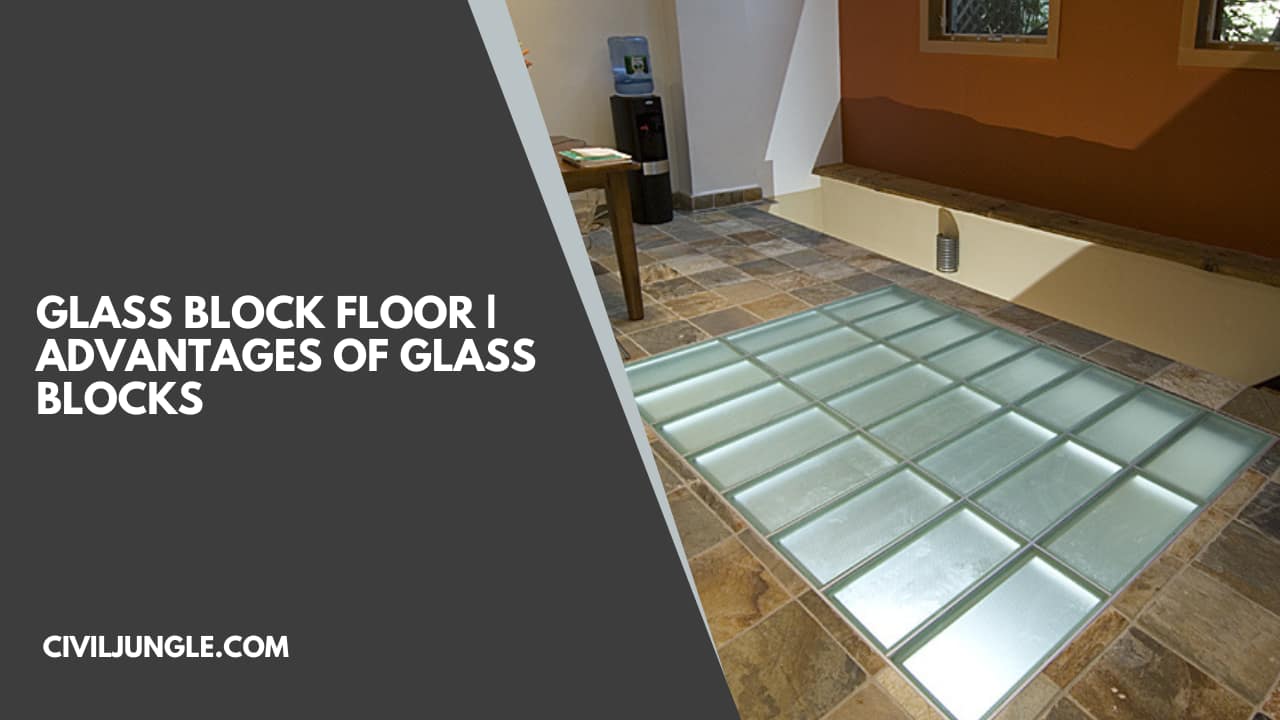
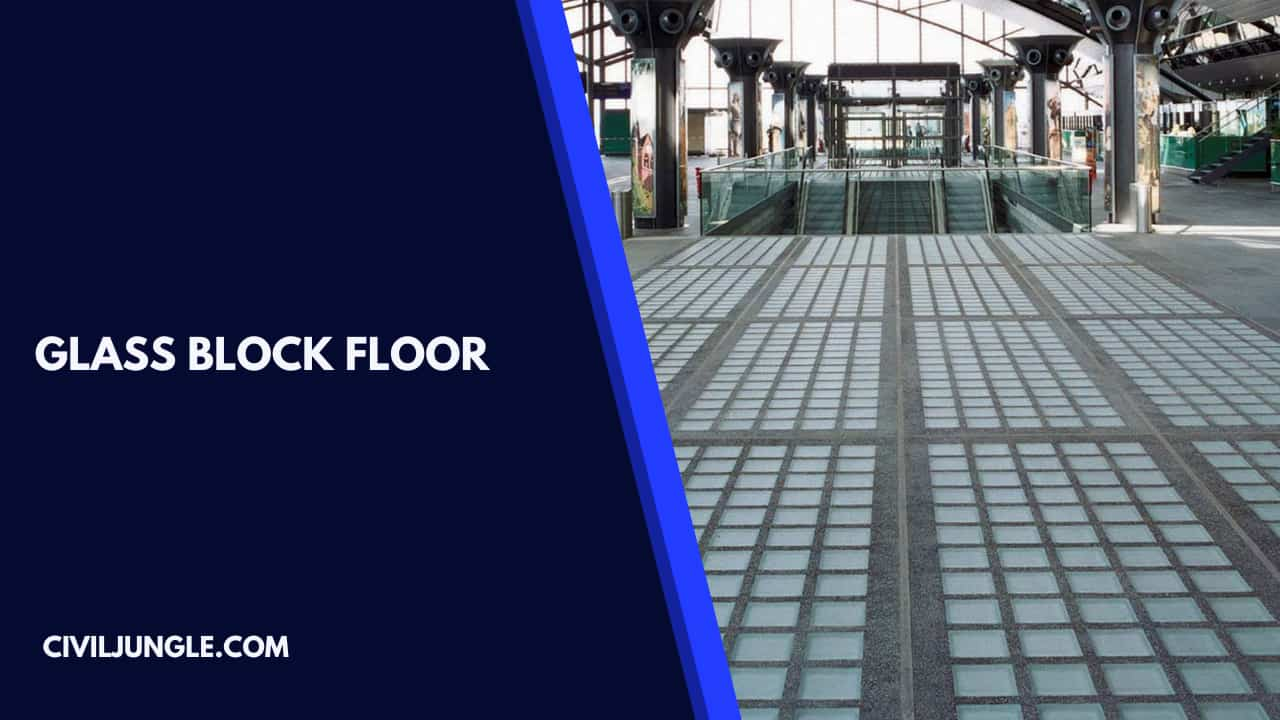
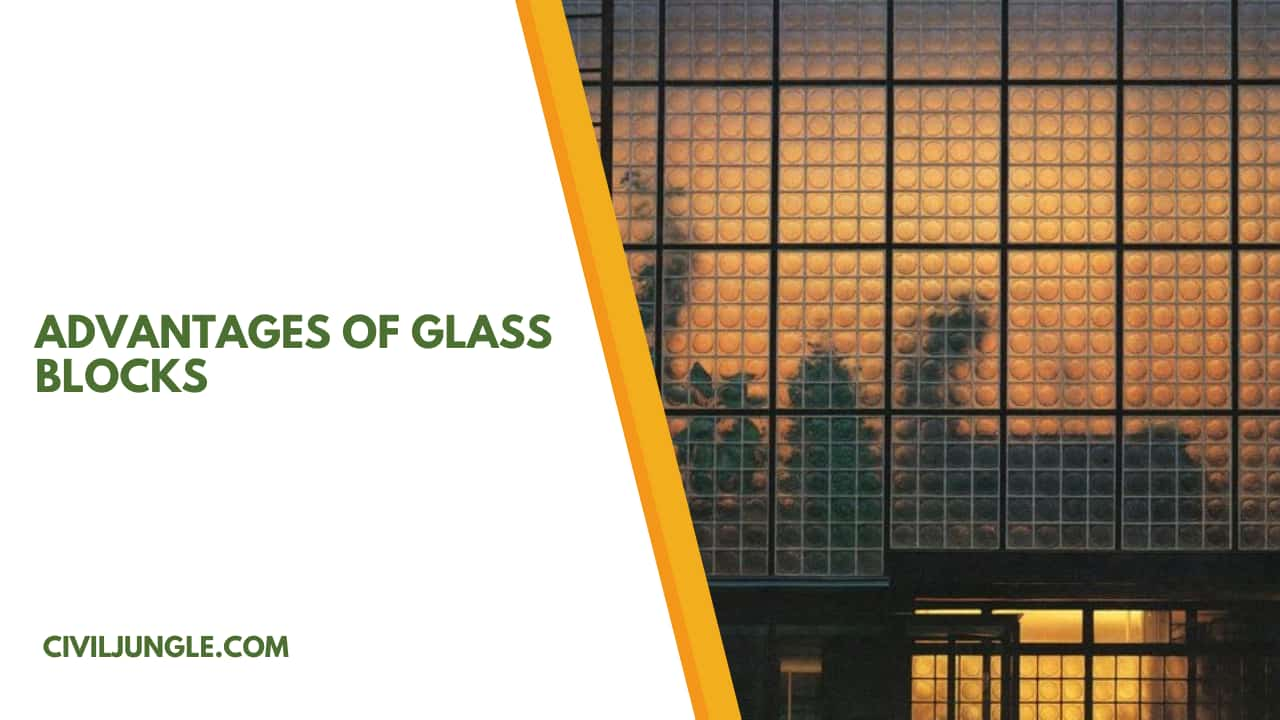
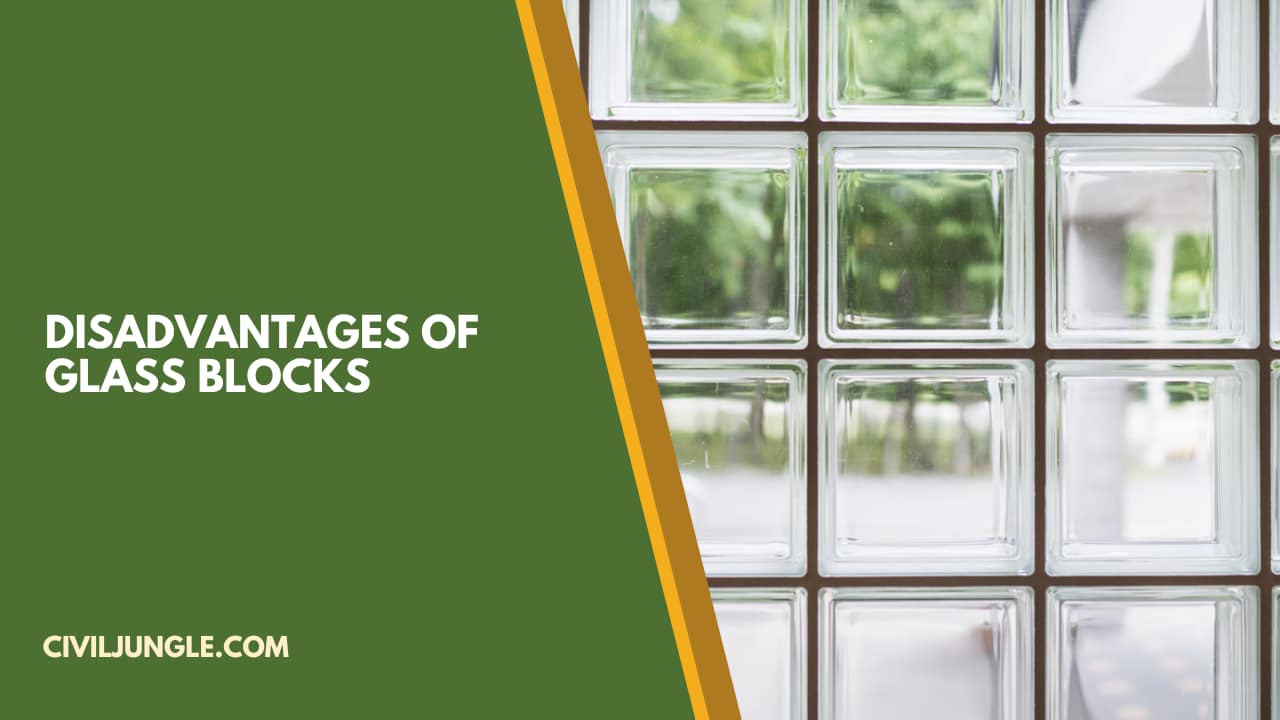
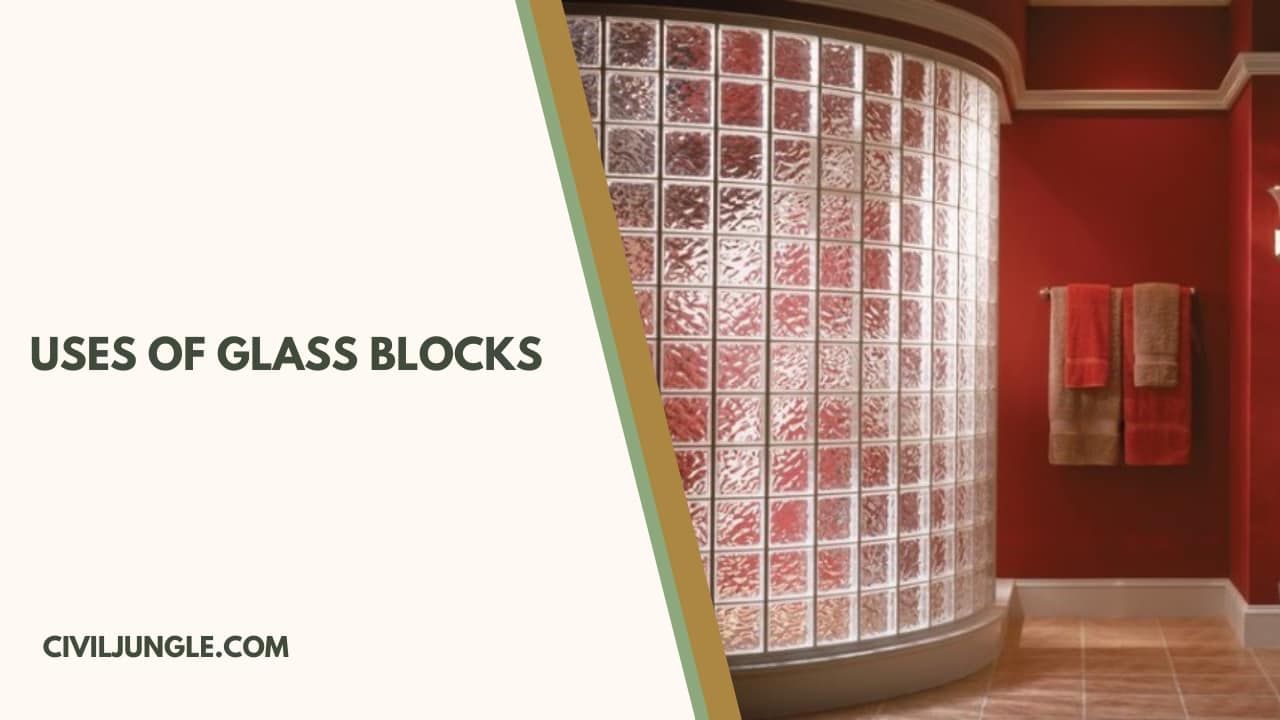
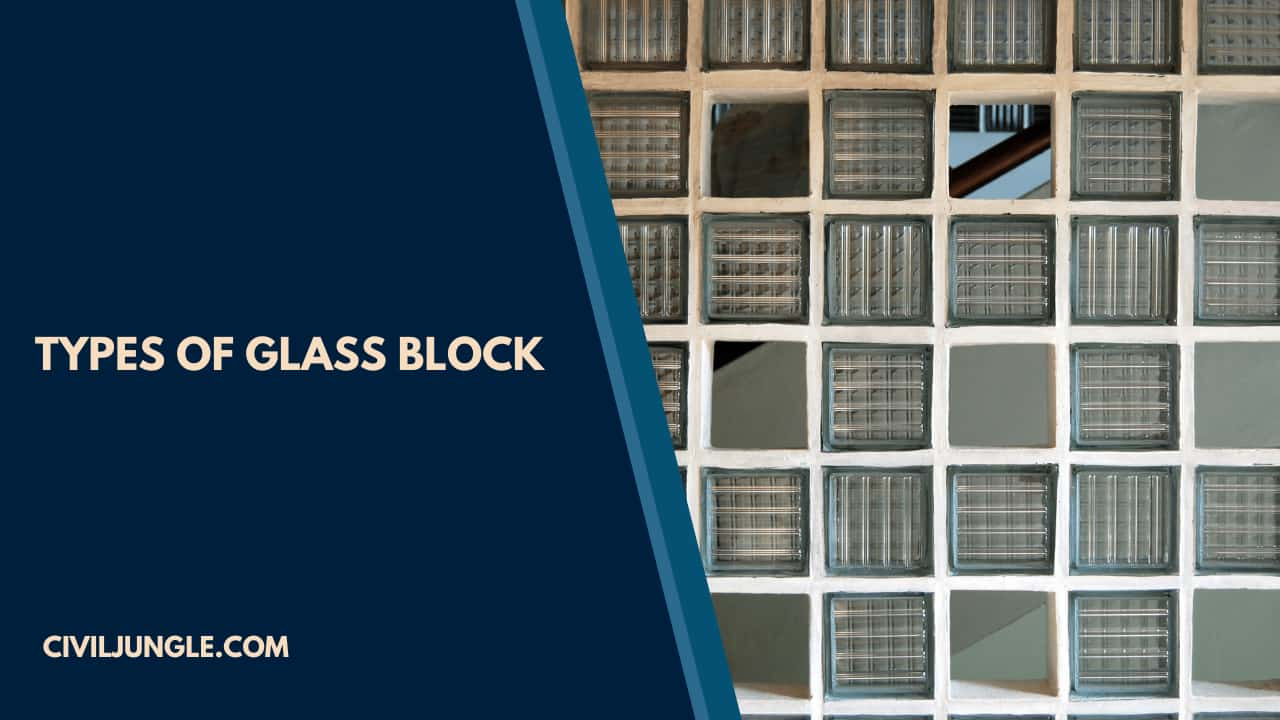
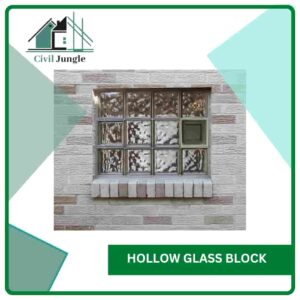
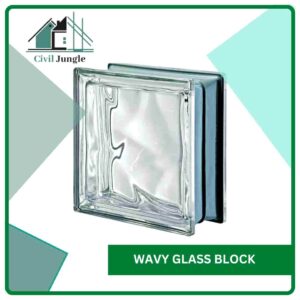
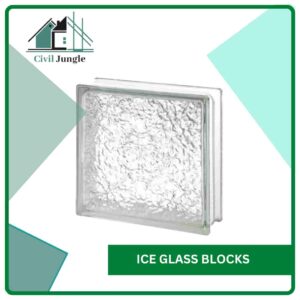
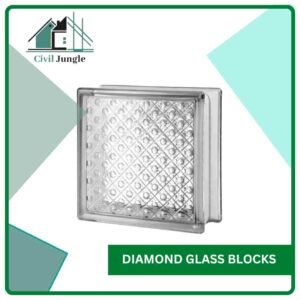
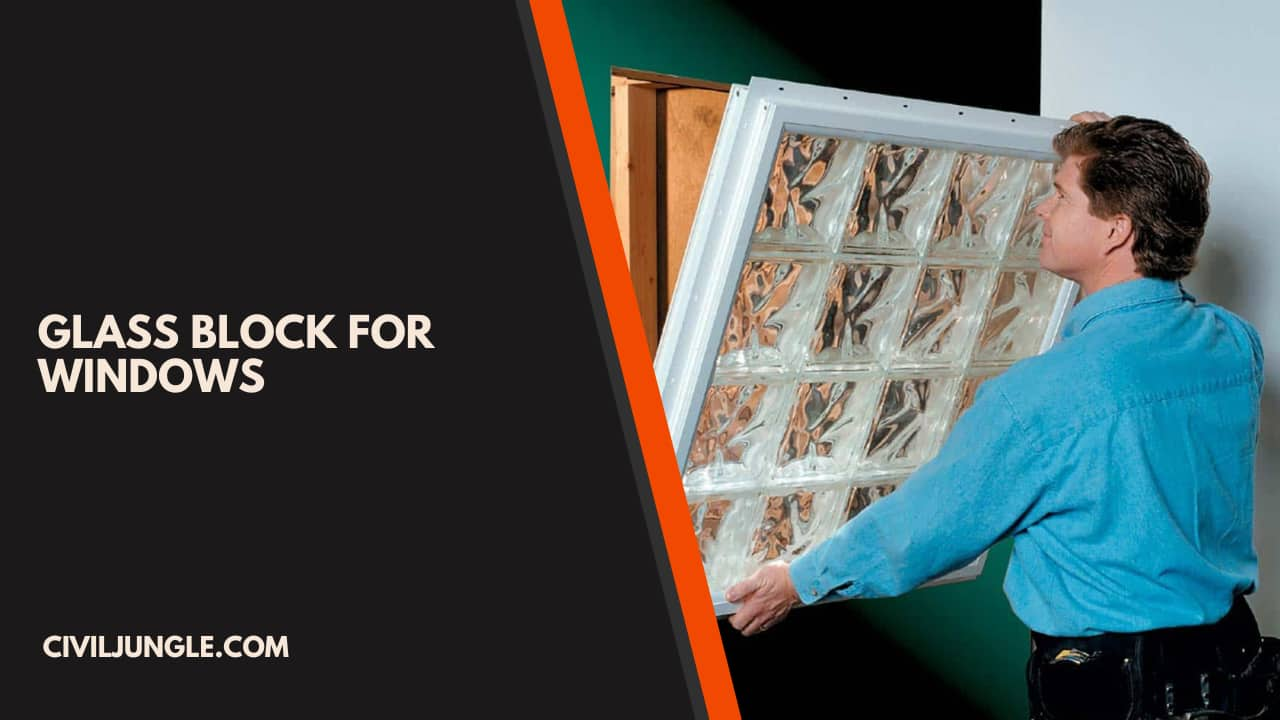
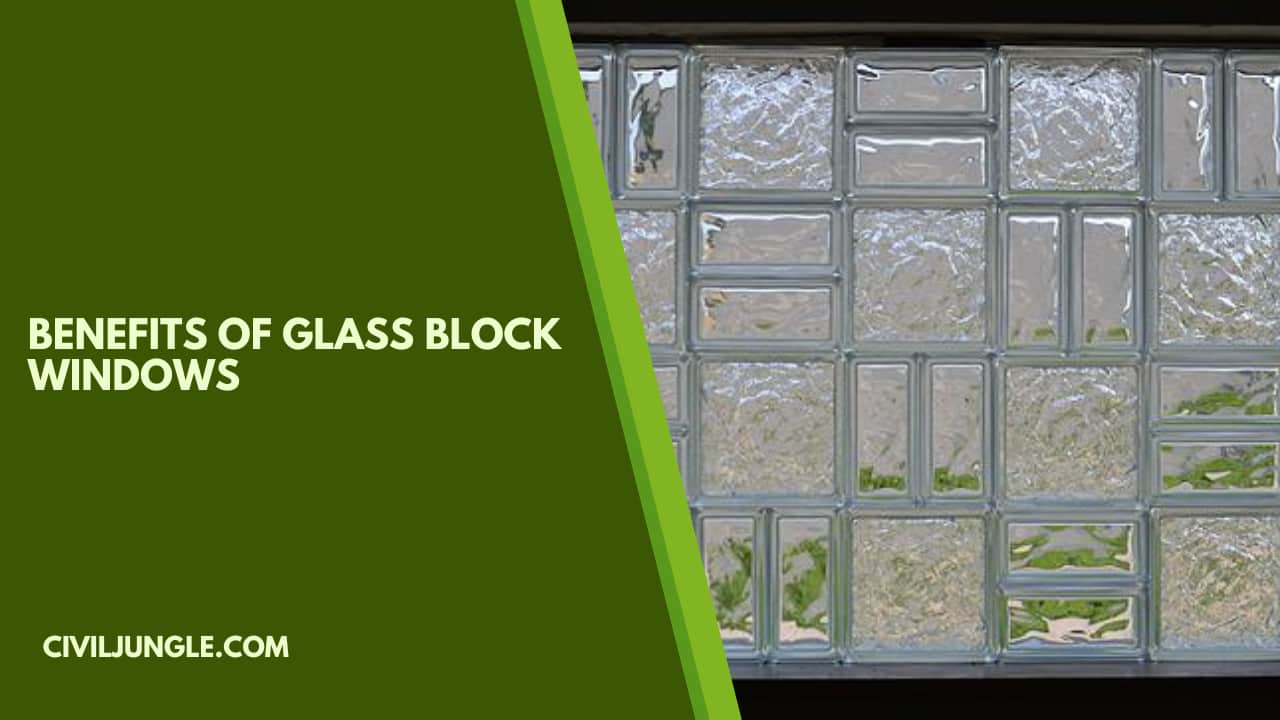

Leave a Reply